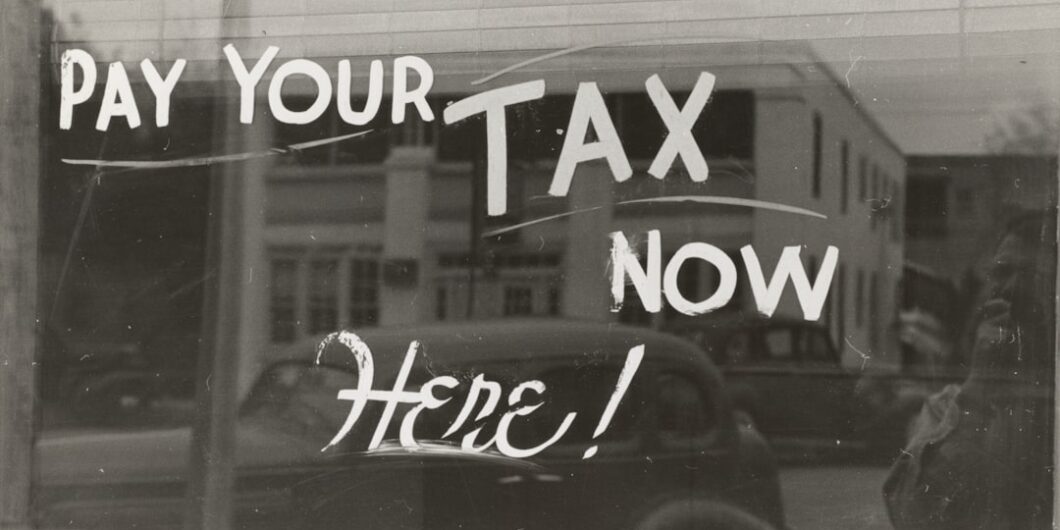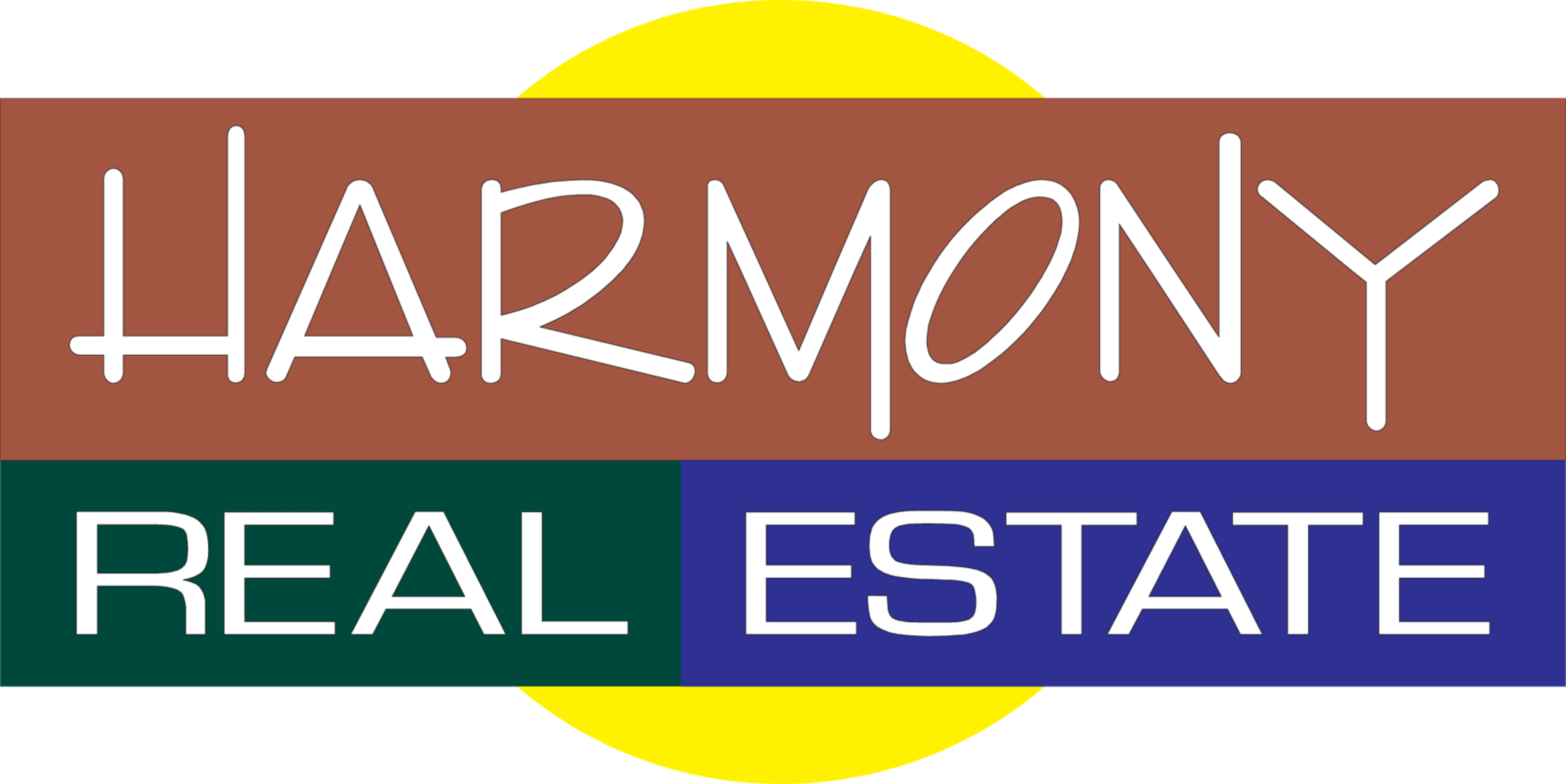- in Best Real Estate Agents in Southern NH , Blog , Boston MA , Derry NH , Harmony Real Estate , Hollis NH , Hooksett NH , Hudson NH , Investment , Litchfield homes for sale , Litchfield NH , Londonderry homes for sale , Londonderry NH , Manchester NH , Merrimack NH , Milford NH , Nashua NH , Pat Pasquale Nappo , South Hudson homes for sale , Southern Hudson NH , Southern Nashua NH , Southern NH homes for sale , Top Real Estate Agent in Southern NH , Virginia Kazlouskas Gregory by Virginia Kazlouskas
Simple Facts To Save Money: How Taxes Vary by Town

When it comes to buying a home, there’s one thing many people forget to factor into their plans, property taxes. Understanding how taxes vary by town can help you make smarter decisions and avoid surprises down the road.
Property taxes can have a big impact on your monthly payments, your long-term costs, and even your home search strategy. In Southern New Hampshire, every town sets its own tax rate, and those differences can really add up.
Whether you’re exploring Southern NH houses for sale or comparing communities for your next move, knowing how each town’s taxes affect your budget will help you stay informed and confident as a buyer. Let’s break it all down in simple terms.
Why Property Taxes Matter So Much
Property taxes aren’t just another line on your mortgage statement. They’re an ongoing cost of homeownership. These taxes help fund local services like schools, police and fire departments, libraries, and road maintenance.
When you understand how taxes vary by town, you can see why some areas cost more than others. A town with top-rated schools and well maintained parks may have higher tax rates to support those services. Meanwhile, smaller towns with fewer services might have lower rates but may not offer as many amenities.
The key is balance. You want a community that fits both your lifestyle and your budget.
How Property Taxes Are Calculated
Before diving into how different towns compare, it helps to understand how the math works. Property taxes are based on two main things:
The assessed value of your home – what the town believes your property is worth.
The local tax rate – how much the town charges per $1,000 of assessed value.
For example, if your home is assessed at $400,000 and the town’s tax rate is $20 per $1,000, your annual property tax would be $8,000. So even if two homes cost the same, your yearly costs could differ depending on how taxes vary by town.

How Taxes Vary by Town Across Southern NH
Now let’s look at what this means in real life. Southern New Hampshire includes a mix of cities, suburbs, and small towns—all with different tax rates and services.
In general:
Cities like Nashua or Manchester tend to have higher tax rates because they offer more public services and larger school systems.
Towns like Windham, Bedford, or Hollis often have higher home values but lower tax rates, which balance out the total bill.
Smaller towns like Brookline or Lyndeborough may offer lower rates but fewer public amenities.
This is why it’s important to research each area before deciding where to buy. When looking at Southern NH houses for sale, take a few minutes to compare tax rates. It could affect your monthly budget more than you expect.
Why Town Taxes Can Change from Year to Year
Tax rates aren’t set in stone. They can shift from one year to the next based on town budgets, property assessments, and local spending decisions.
Here are a few common reasons rates change:
Town budgets increase. If a town needs more money for schools, roads, or emergency services, rates can go up.
Property values rise. When property values increase across a town, the rate may go down—but you might still pay more overall because your assessment is higher.
New development. Growth can sometimes lower taxes, as new businesses or homes expand the tax base.
This is why it’s smart to keep an eye on how taxes vary by town each year, especially if you’re budgeting for long-term costs.

How Taxes Impact Your Mortgage Payment
When you take out a mortgage, your property taxes are usually included in your monthly payment through an escrow account.
That means if your town’s taxes increase, your monthly payment could go up even if your mortgage rate stays the same.
For example, let’s say you find a home among Southern NH houses for sale that fits your $2,500 monthly budget. If that includes property taxes, and those taxes rise by $1,200 a year, your new payment could increase by $100 per month. That’s why understanding how taxes vary by town can help you plan ahead and avoid being caught off guard.
Comparing Two Towns: A Simple Example
Let’s say you’re deciding between two homes—one in Londonderry and one in Hudson.
Londonderry: Tax rate of about $18 per $1,000 of assessed value.
Hudson: Tax rate of about $24 per $1,000 of assessed value.
If both homes are valued at $450,000, here’s how the math plays out:
Londonderry taxes: $8,100 per year
Hudson taxes: $10,800 per year
That’s a difference of $2,700 annually, or about $225 per month—just based on how taxes vary by town. These are rough examples, but they show how much impact local taxes can have on your budget.
What Higher Taxes Might Actually Get You
It’s easy to think that lower taxes are always better but that’s not always true.
Towns with higher tax rates often use that money for better services, schools, and infrastructure. If you have kids, a strong school system might be worth the added cost. You might also enjoy extras like better maintained parks, community programs, or faster emergency response times.
When you look at Southern NH houses for sale, think about how each town’s services fit your lifestyle. A slightly higher tax bill could bring better long-term value and quality of life.
What Lower Taxes Could Mean
On the other hand, lower taxes can make a home more affordable month to month. If you’re a first-time buyer or on a tighter budget, that can be a big advantage.
However, lower taxes sometimes mean fewer town services. You might need to hire private trash pickup, pay for a recreation membership, or travel farther for certain amenities.
Again, this is why knowing how taxes vary by town helps you balance cost and convenience. It’s about finding what matters most to you and your family.

Using Taxes to Guide Your Home Search
When you start browsing Southern NH houses for sale, keep a few smart strategies in mind:
Check tax rates early. Don’t wait until closing to find out how much you’ll owe each year.
Ask your REALTOR® for comparisons. Local agents know which towns have higher or lower taxes and why.
Look beyond the number. Sometimes a higher rate supports strong schools or great community resources.
Consider your full budget. Add taxes, utilities, and insurance to your monthly costs before setting your price range.
This kind of preparation keeps your finances steady and helps you make confident decisions.
Common Misunderstandings About Property Taxes
There are a few myths that can trip up buyers when trying to understand how taxes vary by town:
Myth #1: New homes always mean higher taxes.
Not necessarily. Sometimes new builds are more energy-efficient and valued lower than expected.
Myth #2: Property taxes never go down.
Rates can decrease if property values rise or if towns reduce budgets.
Myth #3: A low tax rate always means a cheaper home.
A lower rate might be paired with a higher home value, balancing things out.
Understanding the truth behind these myths can make your home search much smoother.
How Property Taxes Affect Home Value
Buyers often ask whether tax rates impact home prices. The short answer is yes, indirectly. Towns with higher taxes sometimes have slower appreciation because buyers factor in the ongoing cost. But if those taxes support great schools and amenities, they can actually boost demand and long-term value.
When comparing Southern NH houses for sale, look for areas where taxes are fair, services are strong, and property values are stable. That’s usually the sweet spot.
How to Plan Ahead for Property Taxes
Even after you buy your home, it’s smart to stay proactive about your property taxes.
Review your annual assessment. Make sure your home’s value is accurate.
Attend local meetings. Town budget hearings often discuss proposed tax changes.
Set aside a little extra. Build a buffer in your budget for potential increases.
Knowing how taxes vary by town means you’ll always be ready for whatever changes come your way.

Talking Taxes with Your REALTOR®
Your REALTOR® can be a huge help in understanding property taxes. They can explain how rates differ, what local services you’re paying for, and how taxes fit into your overall affordability.
When shopping Southern NH houses for sale, a knowledgeable agent can show you how to weigh taxes against other factors, like commute times, school ratings, or neighborhood trends. A good agent knows the numbers, but they also know how those numbers affect your life.
A Simplified Breakdown of How Taxes Vary by Town and What It Means for Your Budget
At the end of the day, how taxes vary by town is just one piece of the puzzle. Your perfect home isn’t only about the rate. It’s about the community, the comfort, and the long-term fit for your lifestyle.
If you’re exploring Southern NH houses for sale, take time to compare both home prices and tax rates. With a bit of research and guidance, you can find a home that feels right for your heart and your wallet. Property taxes may not be the most exciting part of buying a home, but understanding them helps you make decisions that truly pay off in the long run.

If you need more tips on how how taxes vary by town, or are ready to sell your house give us a call at (603) 883-8840. You can also sign up for your dream home search or reach out to Our Agents for more information. We’d love to help you with your real estate needs.
